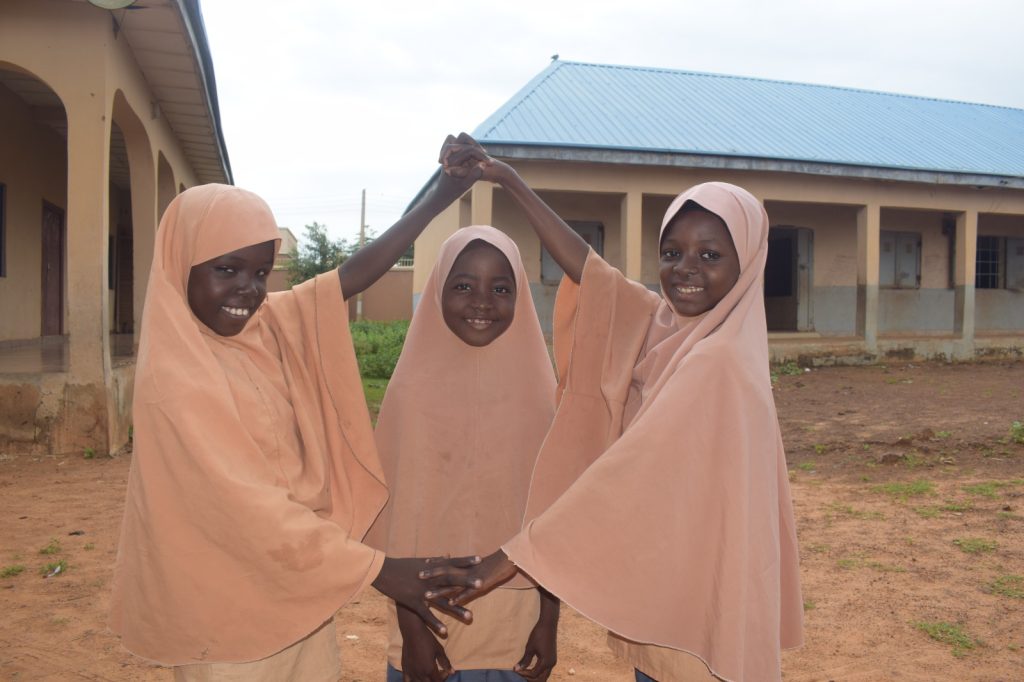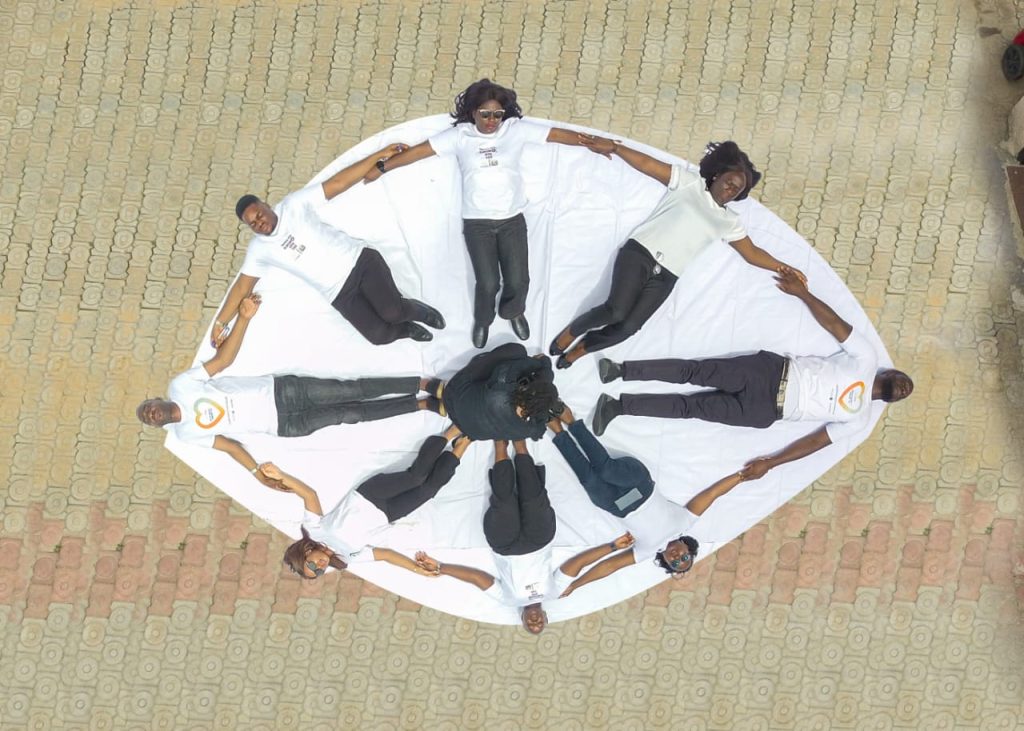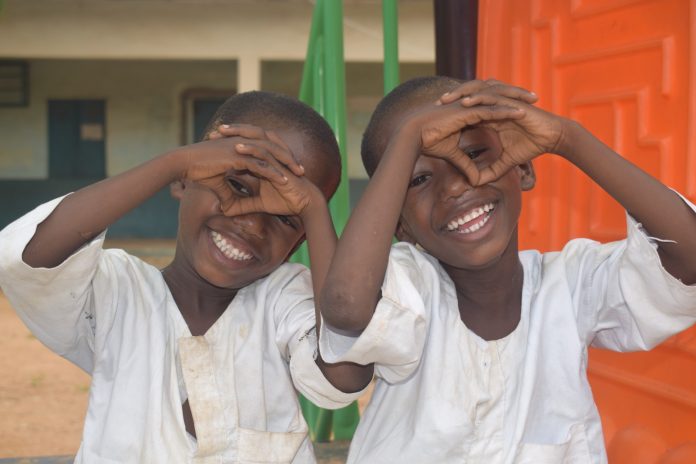As the world marks World Sight Day on Thursday, 10th October, international development organization Sightsavers is urging for better access to eye health services, emphasizing that eye care is just as critical for children as it is for the elderly. This year’s theme seeks to dispel the misconception that vision problems are primarily an issue for the elderly, highlighting that at every stage of life, people require support to maintain healthy eyesight.
From childhood to old age, good vision is essential for daily activities—whether it’s seeing the board at school, driving, working, or maintaining independence in later life. Yet, despite the importance of eye health, it remains a largely neglected area of healthcare. Millions worldwide are struggling with preventable blindness and vision impairment that could be easily treated or avoided.

The Eye Health Crisis
Globally, 1.1 billion people are living with untreated or preventable vision impairments, a statistic that reflects the immense scope of the eye health crisis. In Nigeria, the figures are equally alarming. By 2020, an estimated 24 million Nigerians were affected by vision loss, including 1.3 million people who are blind or have moderate to severe visual impairments due to cataracts or refractive errors. These conditions, if diagnosed and treated early, could prevent life-long blindness and vision loss.
Dr. Joy Shu’aibu, Country Director at Sightsavers Nigeria, highlighted the significant gaps in access to necessary treatments and corrective measures. “Two-thirds of children and adults who need glasses to see clearly do not have access to them,” Dr. Shu’aibu stated. “The same is true for other treatable eye conditions, like cataracts, which can even affect children at birth. In many rural communities, people are unable to get the treatment they need, leaving them to suffer unnecessarily.”
World Sight Day Events in Nigeria
To tackle these urgent issues, Sightsavers is rolling out several activities under the Plateau Inclusive Eye Health Programme to mark this year’s World Sight Day. The programme, which focuses on both Jos and Shendam in Plateau State, aims to provide much-needed eye health services to underserved communities.

Key activities include:
- Eye screenings for up to 700 pupils in local schools.
- Eye health education for teachers, enabling them to identify early signs of vision problems among students.
- Provision of eyeglasses for those who need them, allowing children and adults alike to engage fully in school, work, and daily life.
- Roadshows and media campaigns to raise awareness about eye health issues at the state and local levels, including targeted advocacy efforts to traditional rulers and local institutions.
- Medical and surgical outreach in Quanpan, Plateau State, carried out in collaboration with the state government and health partners.
These efforts aim to combat the preventable causes of blindness and vision impairment while ensuring that more Nigerians have access to essential eye health services.
Economic and Social Impact of Eye Health
Improving eye health does more than just restore sight—it can have far-reaching economic and social benefits. According to Sightsavers, addressing the world’s vision problems would cost only a fraction of the annual global productivity loss due to visual impairment. For instance, giving someone the right glasses can increase their earnings by up to a third, directly contributing to economic growth. However, millions of people in low- and middle-income countries still lack access to the glasses and treatments they need.
Children with vision impairment are especially vulnerable. Studies show that children with untreated vision problems are five times less likely to be in formal education, jeopardizing their future prospects and limiting their opportunities for success.
Transformative Stories: Rabiatu’s Journey
The life-changing impact of eye health interventions can be seen in stories like that of Rabiatu, a four-year-old girl from Zamfara, Nigeria. Rabiatu was born with cataracts, leaving her world blurred and dim. After a successful cataract surgery, she now sees the world in bright, vivid colors for the first time. Overjoyed after her bandages were removed, she exclaimed to her mother: “Mama, I can see!”
Rabiatu’s transformation is just one example of how straightforward eye health interventions can dramatically improve the lives of individuals, restoring not only their sight but also their confidence, independence, and future potential.
A Call for Change
As Dr. Shu’aibu explains, “We have made great progress in addressing the global eye health crisis, with governments, donors, and decision-makers collaborating to improve access to affordable, quality eye care. But significant changes are still needed to make avoidable vision impairment truly avoidable.”
To raise awareness and rally support for this cause, Sightsavers is inviting people from across the globe to participate in a unique initiative—forming eye shapes using everyday objects as part of the #EyeCreation social media campaign. This initiative emphasizes the need for “big changes” to address the global inequities in eye health.
World Sight Day serves as a reminder that vision problems affect people of all ages, and access to eye health services should be a fundamental right for everyone. With sustained efforts and continued advocacy, the goal of reducing avoidable blindness and vision impairment in Nigeria and around the world can become a reality.


